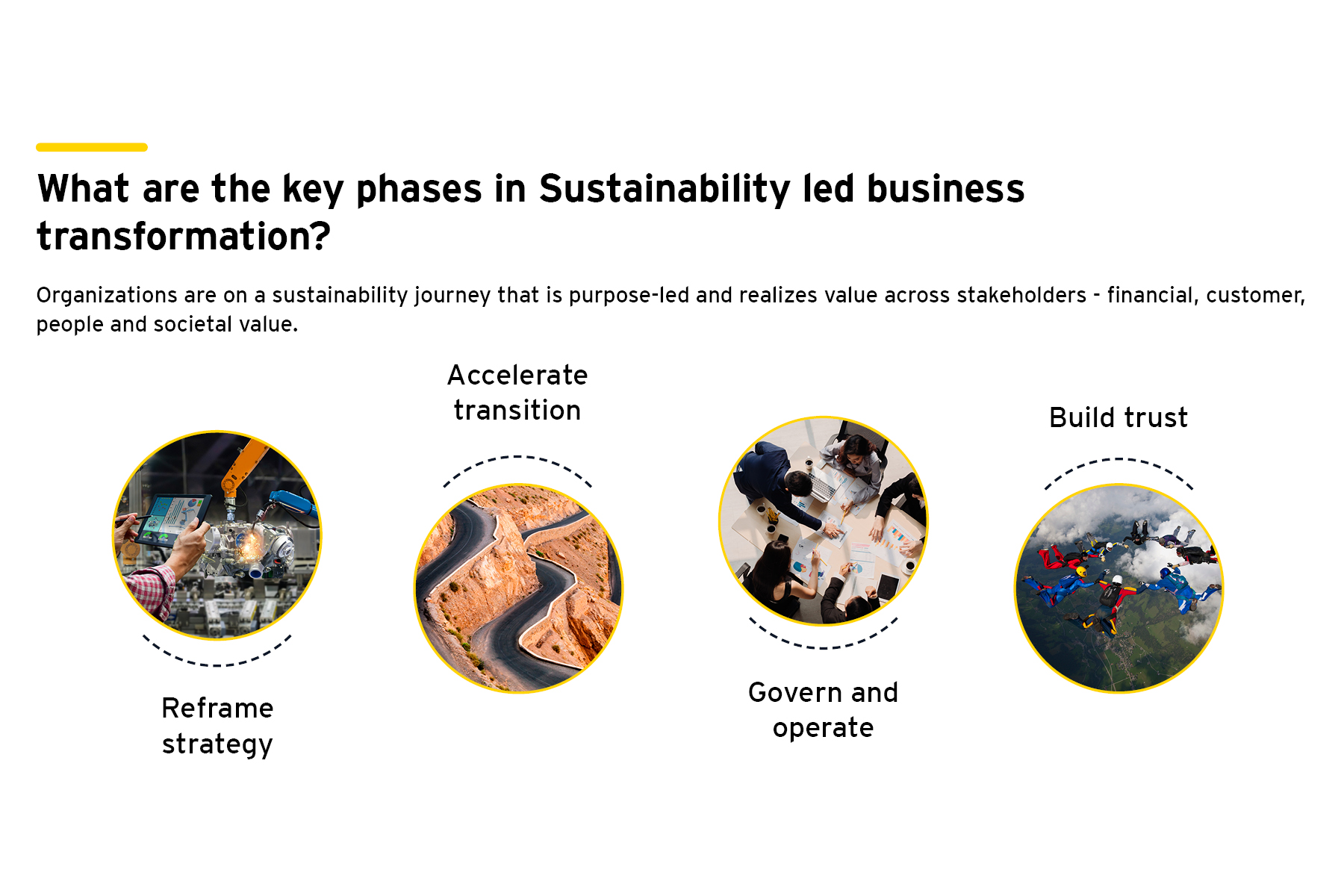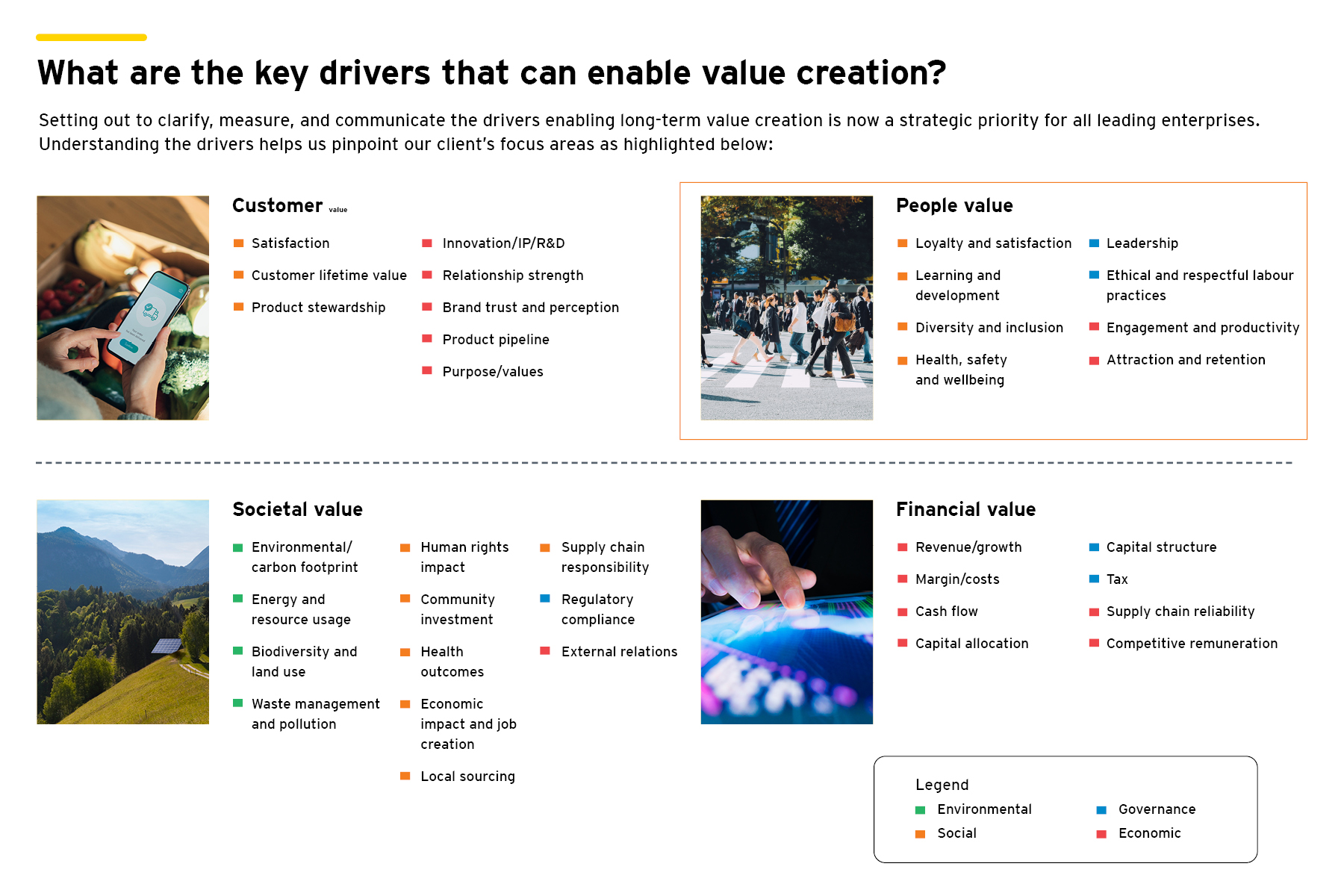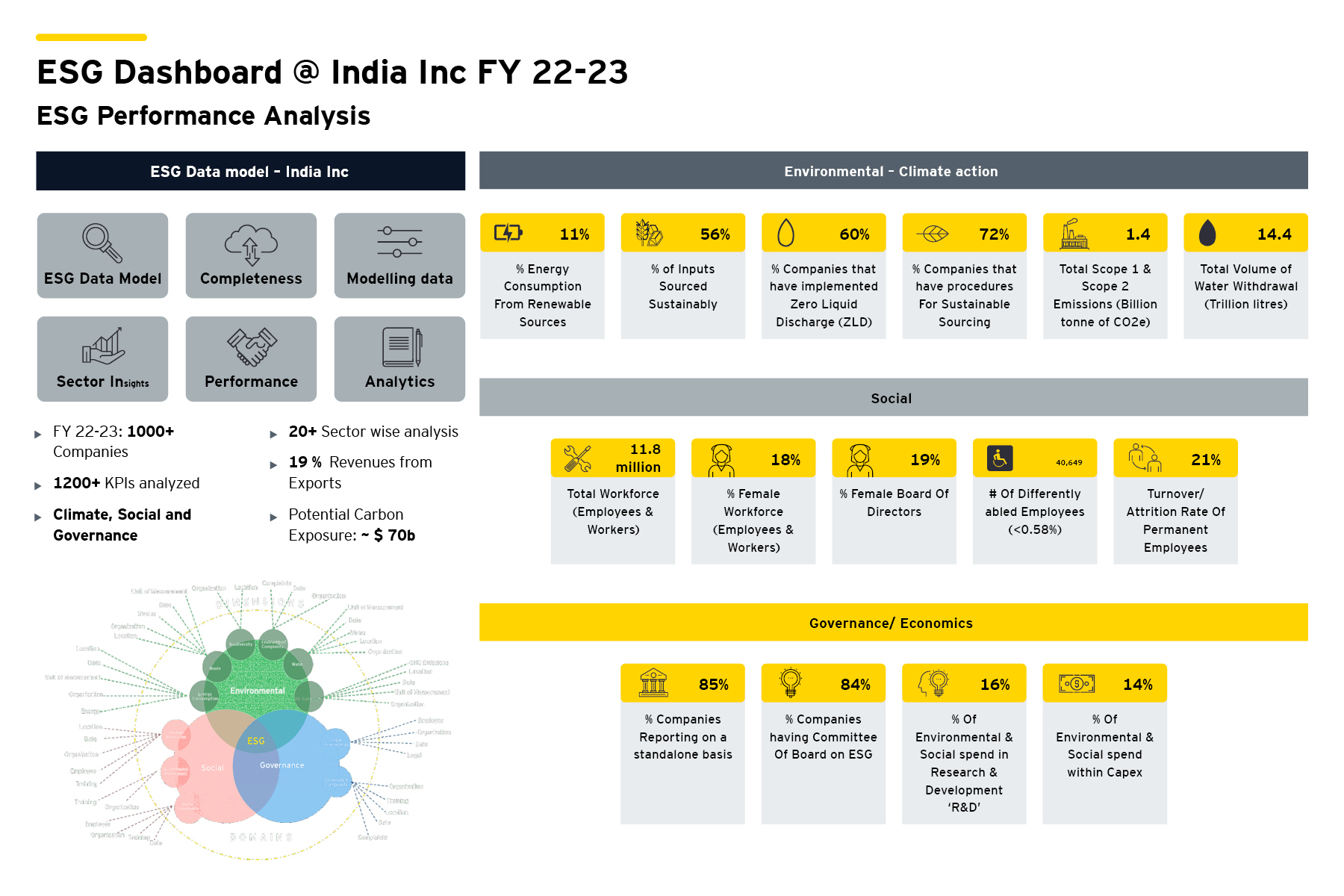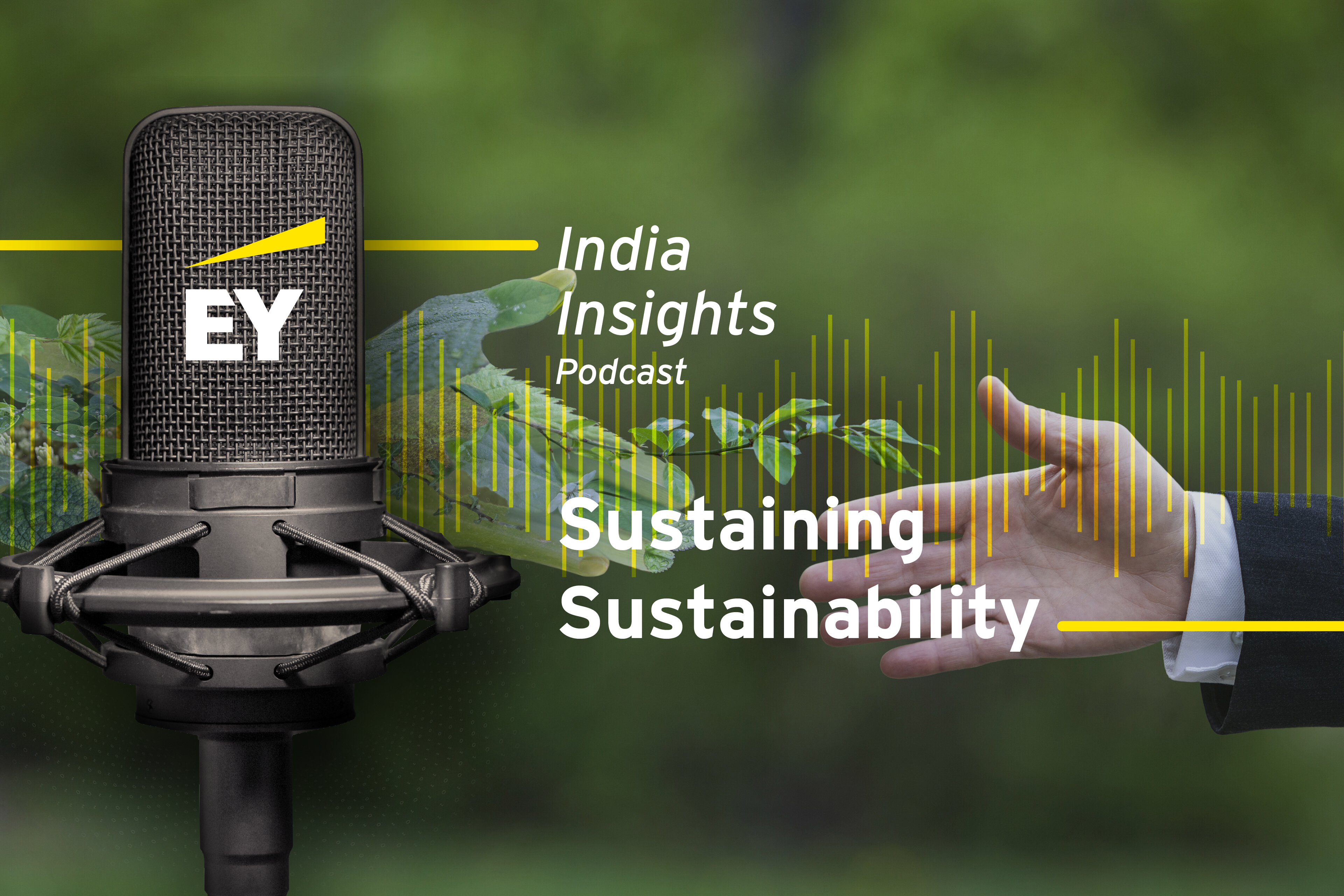To navigate this shift successfully, enterprises must strategically invest, prepare for a novel employment ecosystem, and actively contribute to capacity building and enhanced collaboration through comprehensive training initiatives. This approach, known as value-led sustainability, entails protecting and creating new sources of value for business, people, society, and the world. Some pertinent questions as we navigate the complex and interdependent sustainability challenges are:
- How can we turn climate crisis and social inequity to create opportunities for sustainable growth in new India ?
- Can we create competitive advantage from energy and nature transformation- one of the biggest global transformation of our generation?
- How do we navigate complex Geo-political environment for India’s just transition? Is Geopolitics the new ‘G’ in ESG ?
- If sustainability is a team sport, how do we play with both head and heart ? How can our values create value?
It is important to recognize that working in silos will not solve sustainability challenges. People will different skill sets need to work together to unpuzzle sustainability challenges. Hence, collaboration becomes paramount.
Recent EY interviews and analysis indicate that CSO collaboration with both CEOs and CFOs is crucial, but closer coordination with other C-suite leaders is required. The greatest need for improved collaboration is with Chief Human Resources Officers, where 45% respondents indicate a need for moderate or significant improvements, followed by Chief Risk Officers at 38%, and Chief Technology or Information Officers at 36%. EY 2023 Sustainable Value Study shows that progress on sustainability is falling short of what is needed to keep pace with global targets. Turmoil may well be the new normal for business. However, the study also identified important levers that can be used to help accelerate change and adopt an organization-wide, value-led sustainability agenda. They are:
Value creation
The main objective should be to concentrate on creating value. External factors may create pressures to pull back on long-term priorities to meet short-term goals. A focus on the broad range of value that sustainability investments provide, beyond pure financials (e.g., employee, customer, societal, planetary value), can help companies stay the course during turbulent times.
Sustainable transformation
Sustainability needs transformation approach and People with strong skill sets in leadership, organizational change, and stakeholder engagement, to have access to top leadership. Collaboration with C-suite and business unit peers, who will own the implementation of this agenda is key.
Leveraging regulatory and reporting requirements
Use new reporting obligations as a catalyst for internal review and change. Strive for the same rigor in sustainability data and disclosures as for financial disclosures. Beyond meeting obligations, this can enhance decision-making and strategy development.
Commit to collaboration
Constructively engage value chain partners, peers within your sector and across other sectors. Daunting sustainability challenges, such as scope 3, cannot be solved by one company or one sector working in isolation.
Amplify data and technology
Use data and technology to accelerate progress. Deploy technology to improve value chain efficiency, visibility, and traceability, and to increase confidence in corporate reporting. Leverage data gathered for enhanced sustainability reporting to inform leaders’ decision-making and strategy development, and to support innovation.






